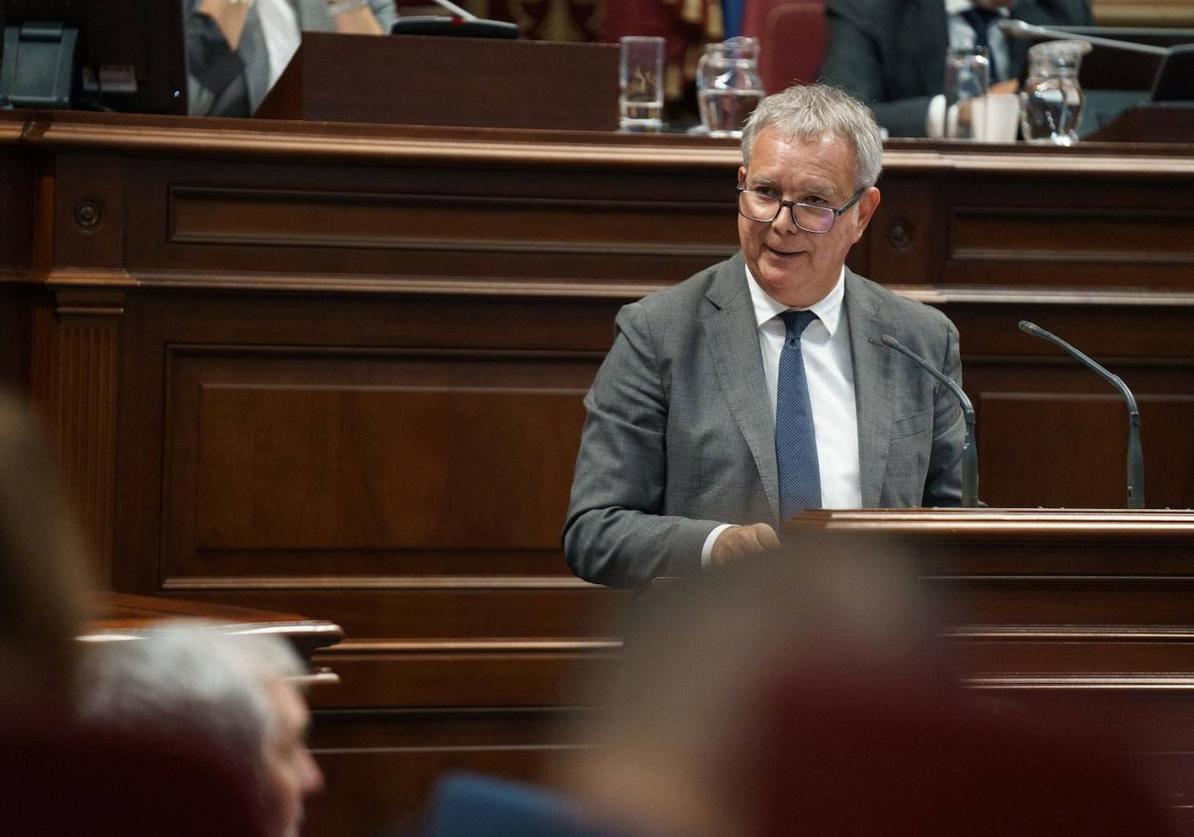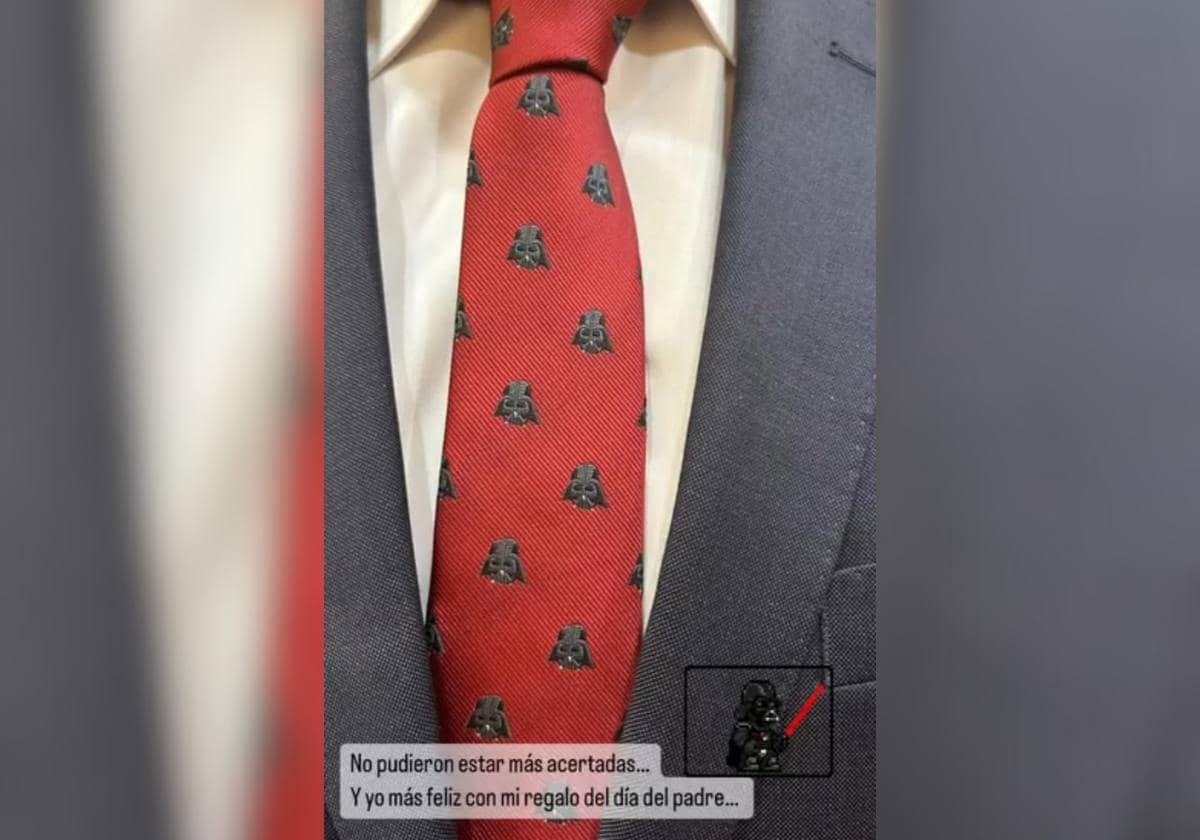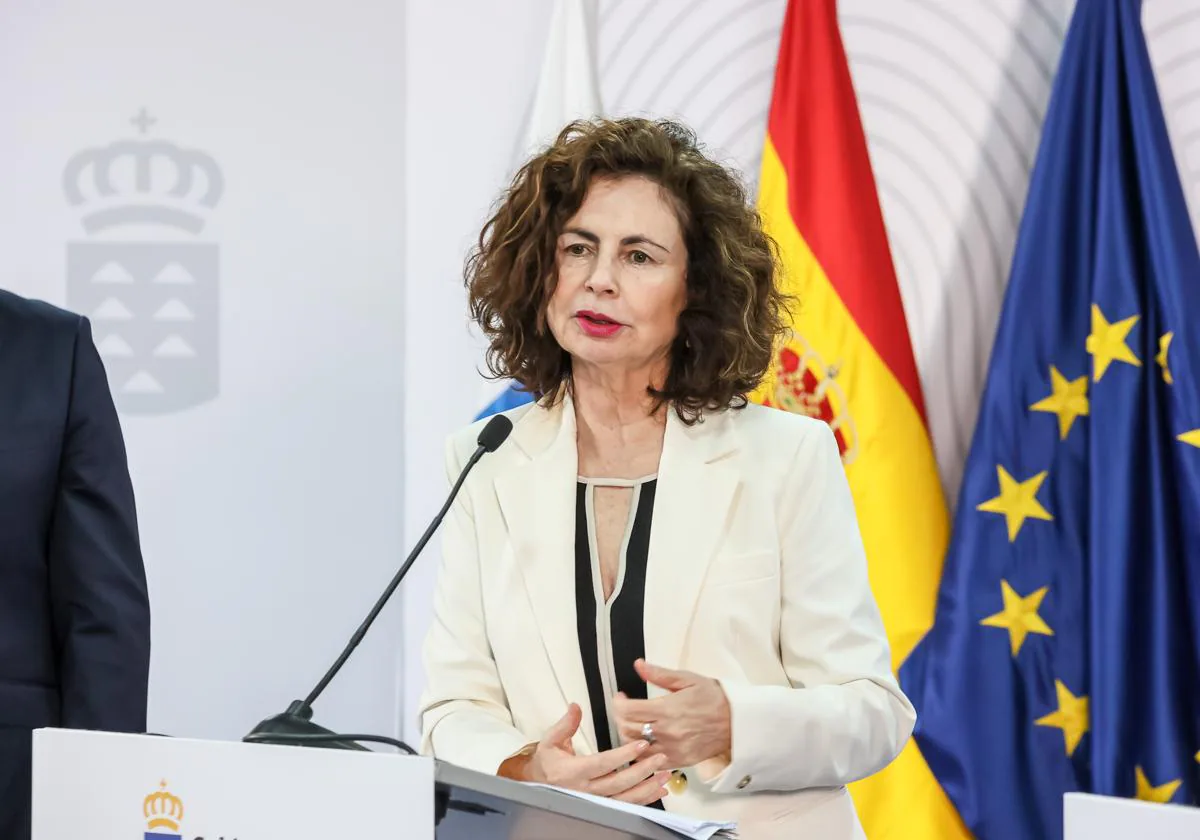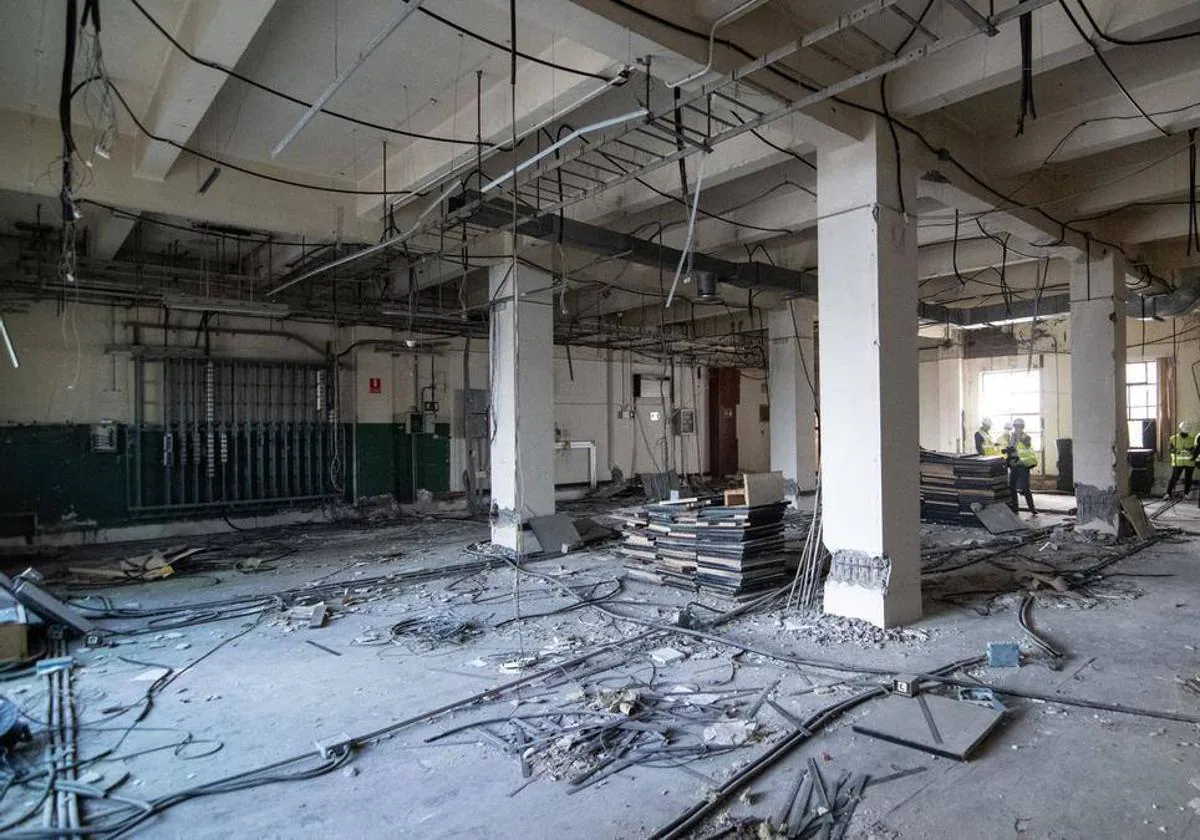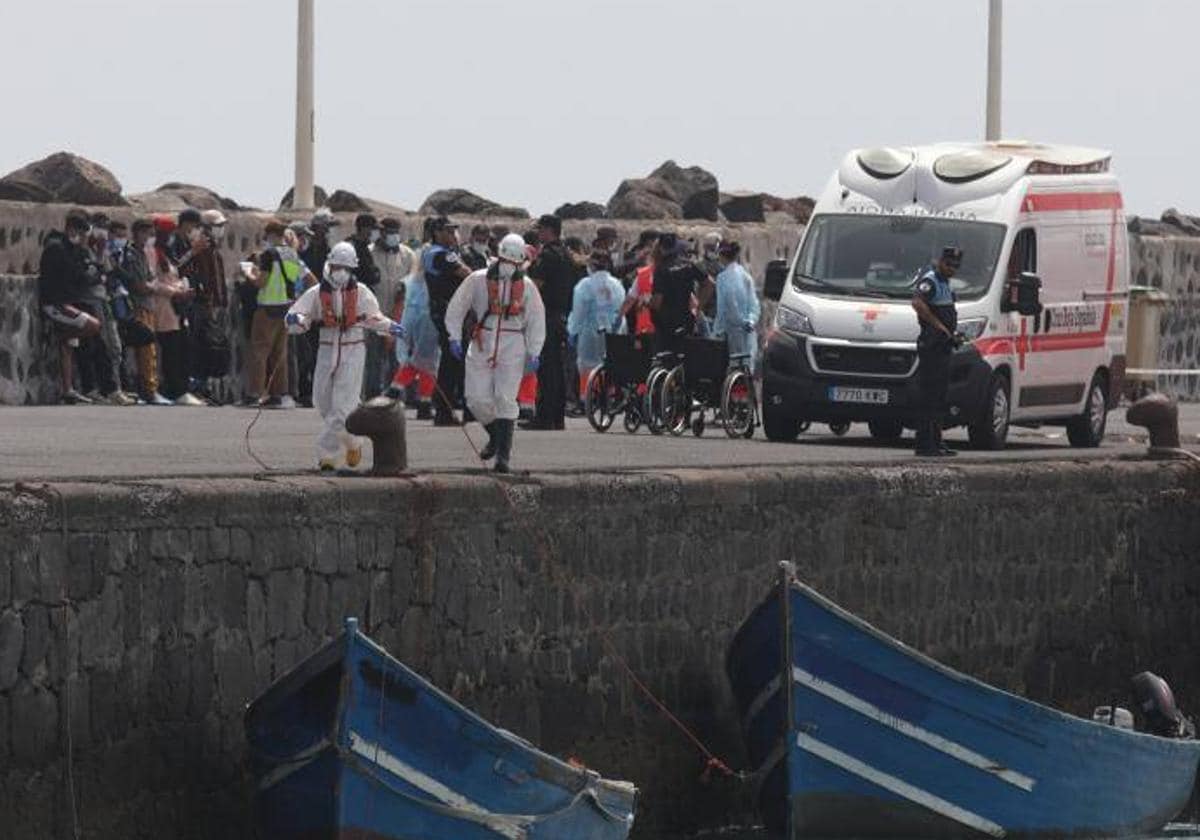Juan Ignacio Campos, the prosecutor who postponed his retirement to investigate the king emeritus


Juan Ignacio Campos (Ciudad Real, 1950) came to his job on Wednesday at the State Attorney General's Office at its headquarters on Calle Fortuny in Madrid. The prosecutor of the Supreme Court had rejoined the Public Ministry several weeks ago after relapsing from the cancer that had dragged on for years and that, recently, had taken him to the operating room. He allowed himself to joke with people about the weight he had lost in recent times and had not stopped going to his appointments with the Fiscal Council or in a few days on computer crime in the General Directorate of the Civil Guard.
Campos was one of Dolores Delgado's most trusted prosecutors and one of the most respected on the Supreme Court, where he arrived in 1996 after passing through Barcelona, Madrid and the technical secretariat. Associated with the Progressive Union, as the Attorney General, with his 71 years just turned he was one of the most veteran of the Public Ministry ranks along with Pilar Fernández, José Ramón Noreña or Bartolomé Vargas and since 2012 he was in charge of economic crimes. With his discreet profile and away from the microphones, he left his mark in some of the corruption cases that have monopolized the covers in the last decade.
It was Juan Ignacio Campos, for example, who raised his voice before the Supreme Court's criminal chamber in 2014 to denounce the "goodness", he said, of the first sentence in the Malaya case, the massive corruption of the Marbella brick. The court listened to him and increased the sentence of Juan Antonio Roca, the leader of the plot. He questioned the former mayor of Valencia, Rita Barberá. Five years earlier, at the dawn of the Gürtel case, it was he who asked then-senator Luis Bárcenas. Under his coordination, the Prosecutor's Office asked the Supreme Court to confirm the conviction of the Popular Party for profit in this plot and also requested an increase in sentence for Iñaki Urdangarin for his role in the Nóos case.
His name came out of the shadows of Fortuny Street in Madrid when on June 8, 2020 the Prosecutor's Office sent a statement explaining that the Public Ministry of the Supreme Court was taking over the investigation of Juan Carlos I and his millionaire commissions for the AVE to The Mecca that until that moment had Anticorruption. The notice it was concise and thus explained that Campos had been put in charge of the case: "To the exhaustive knowledge of what is called economic criminal law, he adds his extensive experience as Chief Prosecutor of one of the criminal sections of the Supreme Court Prosecutor's Office. Given the institutional significance From this investigation, a person in the highest category of the tax career is designated who has extraordinary qualifications and experience ".
He then had a few months to reach retirement age. Few doubted in the Office of the Prosecutor that he was the most suitable to assume the task, and not only because of his career in the Public Ministry. His aversion to the spotlight, the leading role and the media - to appear in them, not to read them - was the ideal profile for the investigation: discreet, technical and on the verge of retirement, without the need to earn merits in the career. For more than a year he maintained an almost hermetic secrecy about what he did and did not do with his team of prosecutors while he sent letters rogatory, asked for documentation, listened with little expectation to the explanations of Álvaro de Orleans, who in Switzerland is identified as a front man of the emeritus king, and regretted that some countries collaborated more and better than others in the cause.
He told some close friends how he was petrified when he learned of the departure of Juan Carlos de Borbón, the same day that he had made an appointment with his lawyer, Javier Sánchez-Junco, in the hope of reaching an agreement for the monarch to agree. to a declaration of guilt, even though the crimes were prescribed.
According to his surroundings, Campos was clear that the triple investigation of the emeritus no longer gave more of itself, but his intention and that of the team of prosecutors who accompanied him in the case was to archive the investigation without complaint to the emeritus but leaving a written report all those things that escaped, by the hair, criminal law and a forceful reproach to his conduct. That report, still pending, was scheduled for the next few weeks although prosecutors were still examining several gigs of information from the Jersey authorities.
Campos and his team had two main arguments to envision the case file. The first, that everything that happened before the abdication of the monarch on June 19, 2014 was protected by article 56.3 of the Spanish Constitution. The second, much more controversial and criticized by many experts in the Treasury, that the successive fiscal regularizations presented by the defense of the king emeritus to make peace with the Treasury blocked the accusations for tax crimes and were regular. That, after affirming in a rogatory commission the Prosecutor's Office that Juan Carlos I could have incurred in a bunch of crimes related to corruption and that he made his fortune, he assured, with "commissions and other benefits of a similar nature by virtue of his intermediation in business deals international ".
The investigation that Juan Ignacio Campos undertook tripled and went from the AVE to Mecca to opaque cards and finally to a hidden fund on the island of Jersey while the emeritus king and his defense also moved token. Throughout the case, the Prosecutor's Office was notifying his defense, with a degree of specificity unknown for now, the opening of the different investigations. The newspaper The country revealed that there had been three written notices: in June, November and December 2020. The first two before the monarch's lawyer announced the first regularization of almost 700,000 euros and the third prior to the disbursement of 4.4 millions of euros.
The opacity of the proceedings of the Prosecutor's Office keep in the field of the unknown how specific were those notices and if they alerted the monarch of where the shots of the investigation were going. The Supreme Court has said in a recent ruling that paying the Treasury after learning that there is an ongoing investigation does not exempt from being accused of a tax crime, but the lack of details of the case of Juan Carlos I makes it impossible to know what kind of notice He received. What is clear is that for the Prosecutor's Office there is no doubt that the regularizations are correct since its intention is to archive the case.
The team led by Juan Ignacio Campos now has in its hands the mission of continuing to examine the documentation that arrived from the island of Jersey and then finish the report with which it will close the investigations on the monarch emeritus. An abnormally long investigation compared to other cases of international commissions carried out by the Prosecutor's Office and in which the Public Ministry still has many unknowns to clear before the public opinion. The last assignment to the reputed lieutenant prosecutor is also the one that leaves the most shadows throughout a life where he earned the respect of his entire career.


